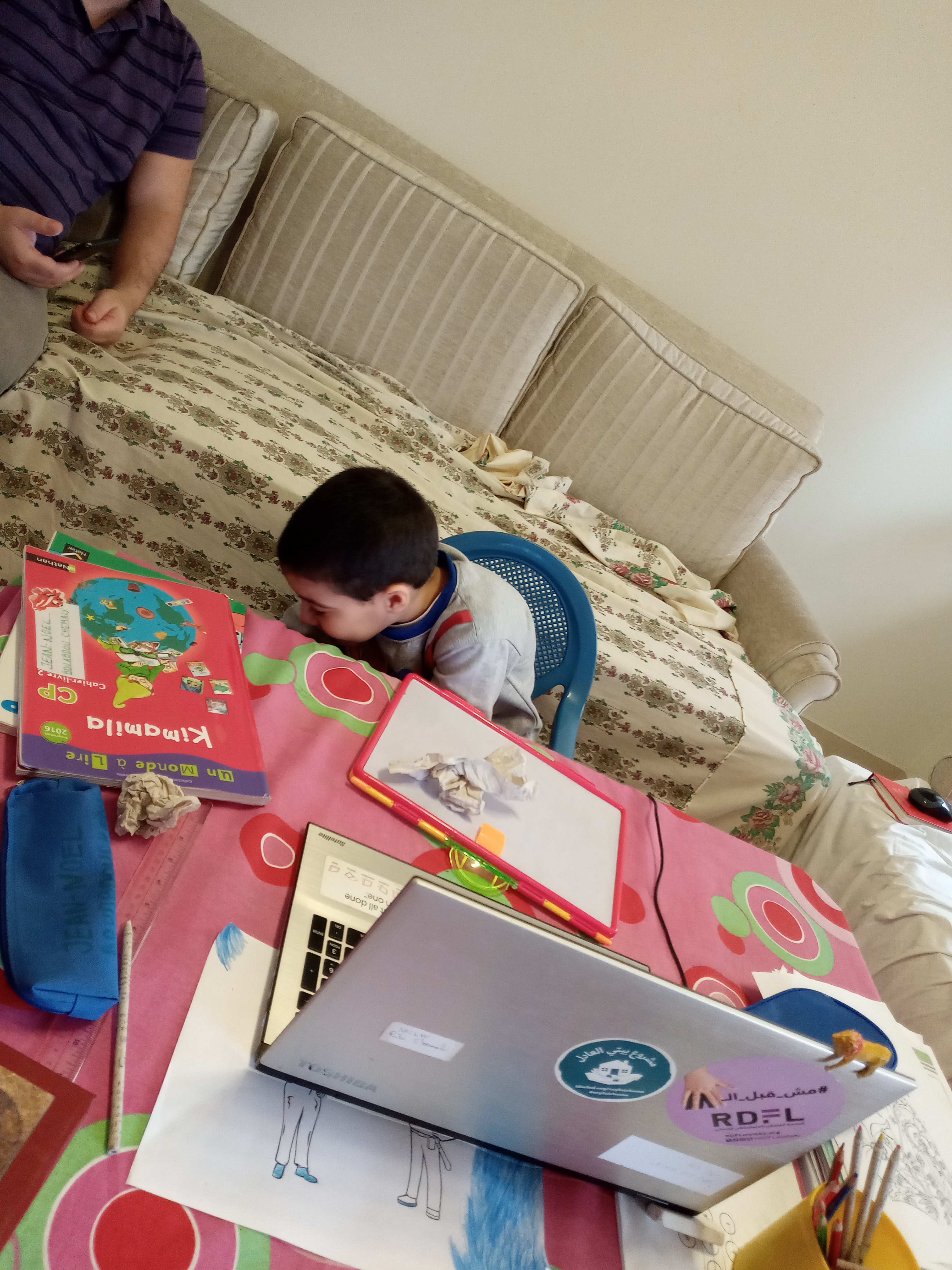https://www.ohchr.org/en/press-briefing-notes/2022/08/press-conference-un-high-commissioner-human-rights-michelle-bachelet
Website Includes Video.
Press Conference by the UN High Commissioner for Human Rights Michelle Bachelet
Geneva, 25 August 2022
Good morning. Thank you all for joining us today – in the room and online.
As you know, after four years as the UN High Commissioner for Human Rights, my mandate ends next week, on 31 August.
The world has changed fundamentally over the course of my mandate.
I would say the profound impact of the COVID-19 pandemic, the ever-increasing effects of climate change, and the reverberating shocks of the food, fuel and finance crisis resulting from the war against Ukraine have been the three major issues.
Polarization within and among States has reached extraordinary levels and multilateralism is under pressure.
Important protest movements occurred in every region of the world demanding an end to structural racism, respect for economic and social rights, and against corruption, governance deficits and abuse of power – in many instances accompanied by violence, threats and attacks against protesters and human rights defenders, and at some times against journalists. Some led to real change in the country. In other cases, rather than listening to the voices of the people, governments responded by shrinking the space for debate and dissent.
Over the past few months – once the COVID situation allowed me to resume official country visits – I have been to Burkina Faso, Niger, Afghanistan, China, Bosnia, Peru and Bangladesh. I have been able to see first-hand the impact of climate change, armed conflict, the food-fuel-finance crisis, hateful rhetoric, systematic discrimination, and the human rights challenges around migration, among other issues.
The UN Human Rights Office has worked, in a myriad of ways, to help monitor, engage and advocate for the protection and promotion of human rights. As I have said before, at the UN, dialogue, engagement, cooperation, monitoring, reporting and public advocacy must all be part of our DNA. We have worked to try to help bridge the gap between government and civil society, to support national implementation of human rights obligations and advise on reforms to bring laws and policies into compliance with international standards, to expand our presences in-country so we are a in a better position to work closely with the people on the ground. We have spoken out in private and public on country-specific and broader issues. And we have seen some progress.
The recognition of the human right to a clean, healthy and sustainable environment by the UN General Assembly last month marked the culmination of many years of advocacy by civil society. I am proud of my Office’s support and strong backing of this movement throughout the course of my mandate. The extreme weather events of the past few months have again driven home, powerfully, the existential need for urgent action to protect our planet for current and future generations. Meeting this need is the greatest human rights challenge of this era – and all States have an obligation to work together on this, and to walk the talk, to fully implement the right to a healthy environment. The response to the triple planetary crisis of pollution, climate change and biodiversity loss must be centred in human rights, including the rights to participation, access to information and justice, and by addressing the disproportionate impact of environmental harms on the most marginalized and disadvantaged.
There has also been steady progress towards abolition of the death penalty – some 170 States have abolished or introduced a moratorium, in law or in practice, or suspended executions for more than 10 years. The Central African Republic, Chad, Kazakhstan, Sierra Leone and Papua New Guinea are among those who have taken steps to fully abolish the death penalty. Other States, including Liberia and Zambia are also actively considering abolition. Malaysia announced that it will abolish the country’s mandatory death penalty, including for drug related offences. As of today, 90 States have ratified the Second Optional Protocol to the International Covenant on Civil and Political Rights, the key international treaty prohibiting the use of the death penalty. Concerns remain, however, about the increased use or resumption of capital punishment in other countries, including Iran, Saudi Arabia, Myanmar and Singapore, and others like China and Viet Nam continue to classify data on its use as a State secret, limiting the possibility of scrutiny.
I have – from the beginning of my mandate – pushed for greater recognition of the indivisibility and interdependence of economic, social and cultural rights with civil and political rights. The effects of the pandemic and the war in Ukraine have brought into stark focus this interdependence.
States must draw lessons from the pandemic and the current food-fuel-finance crisis by designing long-term measures to build better and stronger universal public health and social protection systems. Social protection coverage must facilitate access to health care, protect people against poverty and ensure essential economic and social rights, including food, water, housing, health and education. I also call on States to adopt proactive measures, including food, agriculture and fuel subsidies, to mitigate the impact of the crises.
All of this needs to be designed with people as part of the solution, through investment in inclusive, safe and meaningful channels for debate and participation at all levels.
Governing is tough – I know because I have twice been President of my country, Chile. There are always many pressing demands, challenges and problems to address. But governing is about prioritizing – and human rights must always be a priority. In many situations my Office has been covering, there is a lack of political will to take the necessary steps to really tackle a situation head on. Political will is key – and where there is a will, there is a way.
States often invoke their own particular context when faced with allegations of human rights violations and when called upon to take steps to address them. Context is indeed important – but context must never be used to justify human rights violations.
In many instances, sustained advocacy on key human rights issues, grounded in international human rights laws and standards, bears fruit. In Colombia this month, the incoming administration has pledged a shift in its approach on drug policy – from a punitive to a more social and public health approach. By addressing one of the deep-rooted causes of violence in Colombia, this approach could be instrumental to better protect the rights of peasants, indigenous and Afro-Colombian communities and of people who use drugs, both in Colombia and globally. My Office has been advocating – globally – for a human rights-based approach on drug policy, and is ready to assist.
The worldwide mobilization of people for racial justice, notably in 2020, has forced a long-delayed reckoning with racial discrimination and shifted debates towards a focus on systemic racism and the institutions that perpetrate it. I call on all States to seize this moment to achieve a turning point for racial equality and justice. My Office is working on its second report to the UN Human Rights Council on this issue, to be presented next month.
I have always sought – even on the most challenging issues – to encourage dialogue, to open the door for further exchanges. This means listening as well as speaking, keeping our eyes and ears to the context, identifying entry points and roadblocks, and trying to build trust incrementally, even when it seems unlikely.
During my four years as High Commissioner, I had the privilege of speaking to so many courageous, spirited, extraordinary human rights defenders:
The brave, indomitable women human rights defenders in Afghanistan;
The determined mothers of the disappeared in Mexico;
The inspirational staff working at a health centre in Bunia in the Democratic Republic of the Congo, serving victims of sexual violence;
The wisdom and strength of indigenous peoples in Peru, who are on the frontlines of the impact of climate change, illegal mining and logging, and defend their rights in the face of serious risks.
And the empathy and generosity of communities hosting internally displaced people in Burkina Faso.
I found allies in traditional village leaders in Niger, who were working in their own ways to advance human rights in their communities; I met young people from Malaysia, Sweden, Australia, Costa Rica and elsewhere whose resourcefulness, creativity and ambition was palpable;
I shared the pain of the father in Venezuela who showed me the sports medals his teenage son had won, before he was killed during protests in 2017;
And I shared the tears of the mother I met in Srebrenica who carried hope that 27 years after her son disappeared, she will one day find his remains and lay him to rest next to his father’s grave.
Last week, I spoke with Rohingya refugees in Cox’s Bazar.
One teacher I met told me he had earned distinctions in all his classes at school in Myanmar and had dreamed of being a doctor. Instead, he has spent the past five years in a refugee camp, having had to flee his country – because he is Rohingya. “I still cry at night sometimes when I remember my dream,” he told me, adding that “my Buddhist friends are now doctors in Myanmar.”
My own experience as a refugee was much more comfortable, with the means to continue my education and with a good standard of living – but the yearning for one’s homeland, the desire of so many of the Rohingya to return home resonated deeply with me. Sadly, the conditions needed for them to be able to return to their homes in a voluntary, dignified and sustainable way are not there yet.
Today marks five years since more than 700,000 Rohingya women, children and men were forced to flee Myanmar for Bangladesh – and Myanmar’s human rights catastrophe continues to worsen, with the military (the Tatmadaw) maintaining military operations in Kayah and Kayin in the southeast; Chin state in the northwest; and Sagaing and Magway regions in the Bamar heartland. The use of air power and artillery against villages and residential areas has intensified. Recent spikes in violence in Rakhine State also seemed to indicate that the last fairly stable area of the country may not avoid a resurgence of armed conflict. Rohingya communities have frequently been caught between the Tatmadaw and Arakan Army fighters or have been targeted directly in operations. Over 14 million need humanitarian assistance.
We continue to document gross human rights violations and serious violations of international humanitarian law on a daily basis, including repression against protesters and attacks against civilians that may amount to crimes against humanity and war crimes.
I urge the international community to intensify pressure on the military to stop its campaign of violence against the people of Myanmar, to insist on prompt restoration of civilian rule, and accountability for violations committed by security forces.
Yesterday marked six months since Russia’s armed attack. Six unimaginably terrifying months for the people of Ukraine, 6.8 million of whom have had to flee their country. Millions others have been internally displaced. We have documented at least 5,587 civilians killed and 7,890 injured. Of these casualties, nearly 1,000 are children.
Six months on, the fighting continues, amid almost unthinkable risks posed to civilians and the environment as hostilities are conducted close to the Zaporizhzhia Nuclear Power Plant.
I call on the Russian President to halt armed attack against Ukraine.
The Zaporizhzhia plant needs to be immediately demilitarized.
Both parties must respect, at all times and in all circumstances, international human rights law and international humanitarian law.
The international community must insist on accountability for the many serious violations documented, some of which may amount to war crimes.
I am alarmed by the resumption of hostilities in northern Ethiopia. Civilians have suffered enough – and this will only exacerbate the suffering of civilians already in desperate need. I implore the Government of Ethiopia and the Tigray People’s Liberation Front to work to de-escalate the situation and immediately cease hostilities.
I also urge a renewed focus by the international community on protracted – often forgotten – crises including the situation in Yemen, Syria, the Sahel and Haiti.
And I urge continued support for the UN Human Rights Office, the UN human rights treaty bodies, and the UN Special Procedures mechanism, all of which work tirelessly in defence of international human rights laws and standards.
The journey to defend human rights never ends – and vigilance against roll-backs of rights is vital. I honour all those who, in their own ways, are working to defend human rights. As a woman and a lifelong feminist, I want to pay particular tribute to women human rights defenders, who have been at the forefront of social movements that have benefitted all of us. They have often been the ones bringing to the table the unheard voices of the most vulnerable. I will continue to stand with you as I return home to Chile.
To end, I would like to thank you journalists, based here in Geneva and across the globe, for the indispensable work that you do. When we in the UN Human Rights Office raise the alarm, it is crucial that it rings loudly, and this is only possible when the world’s media gets the stories out there.
I thank you.
####
For more information and media requests, please contact:
In Geneva
Ravina Shamdasani – + 41 22 917 9169 / ravina.shamdasani@un.org or
Liz Throssell + 41 22 917 9296 / elizabeth.throssell@un.org or
Jeremy Laurence + +41 22 917 9383 / jeremy.laurence@un.org
_______________________________________________











 Mais les 23h sont belles. Je les vois belles et je les vois en moments de qualites avec ceux et celles que j’aime. Tanpis si notre salon rappelle une zone de guerre entre dino tatous legos et ninjas. Tanpis si les lits ne sont pas faits . Plutot transformes en trampoline par les gosses . …
Mais les 23h sont belles. Je les vois belles et je les vois en moments de qualites avec ceux et celles que j’aime. Tanpis si notre salon rappelle une zone de guerre entre dino tatous legos et ninjas. Tanpis si les lits ne sont pas faits . Plutot transformes en trampoline par les gosses . … Avec rody nous avons essaye de raconter la fete des rameaux a nos enfants. Rafael 3 ans c’est vite ennuye. Il voulait juste la bougie. Jeannoel 6 ans est celui qui a assure. Il a prie ( des intentions et remerciement pour jesus, pour les biscuits et les tetas et jeddos) et il a meme chante “ouhibbouka rabbi yasou3” احبك ربي يسوع احبك ربي يسوع وليس لي سواك
Avec rody nous avons essaye de raconter la fete des rameaux a nos enfants. Rafael 3 ans c’est vite ennuye. Il voulait juste la bougie. Jeannoel 6 ans est celui qui a assure. Il a prie ( des intentions et remerciement pour jesus, pour les biscuits et les tetas et jeddos) et il a meme chante “ouhibbouka rabbi yasou3” احبك ربي يسوع احبك ربي يسوع وليس لي سواك













